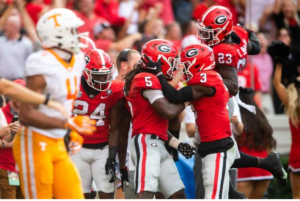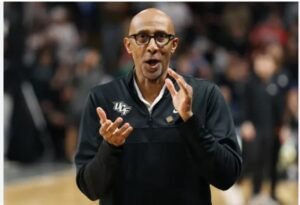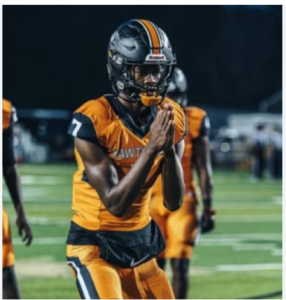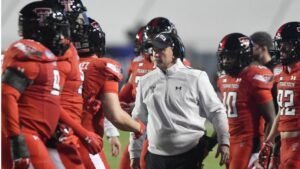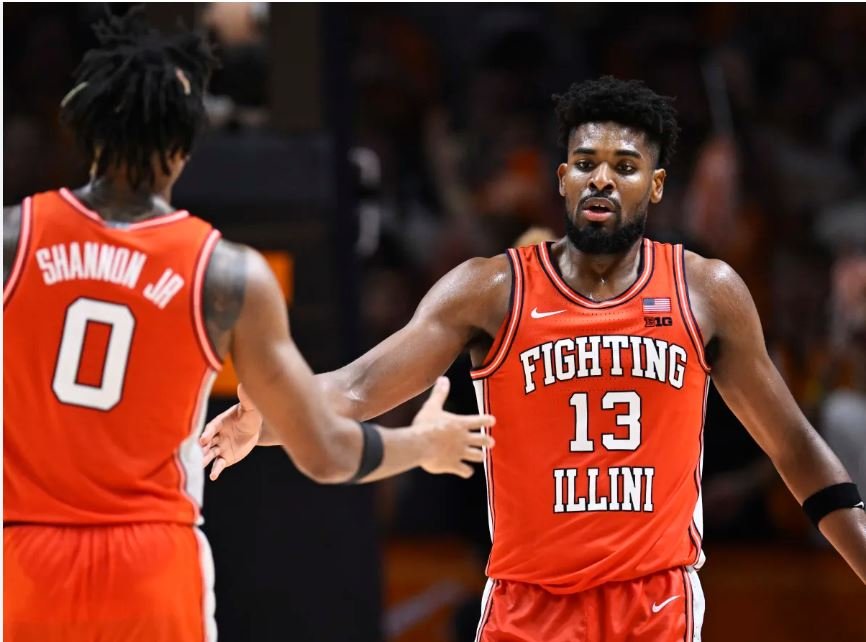
The Illinois Fighting Illini basketball program finds itself in the midst of a significant controversy as several athletes’ social media posts have sparked outrage and led to their suspension. The incident has not only affected the players involved but has also cast a shadow over the team’s reputation and raised broader questions about the role of social media in collegiate athletics. As the university and athletic department navigate this crisis, they are faced with the challenge of balancing disciplinary action with efforts to maintain team cohesion and public trust.
The controversy began when a series of social media posts made by multiple Illinois Fighting Illini basketball players surfaced, containing content deemed offensive and inappropriate. These posts, which included racially insensitive remarks, derogatory language, and other inflammatory statements, quickly went viral, attracting widespread condemnation from the public, university officials, and fans. The nature of the posts has led to a heated debate about the responsibilities of student-athletes and the impact of their online behavior on their personal and professional lives.
The university responded swiftly to the situation. The athletic department, led by Athletic Director Josh Whitman, issued a statement condemning the content of the posts and announcing the immediate suspension of the players involved. The statement emphasized the university’s commitment to upholding values of respect, inclusion, and integrity, and underscored that such behavior would not be tolerated. The suspended players were also required to undergo sensitivity training and participate in community service as part of their disciplinary action.
Head coach Brad Underwood expressed his disappointment and concern over the incident. In a press conference, Underwood acknowledged the severity of the situation and reiterated the team’s commitment to maintaining a respectful and inclusive environment. He stressed the importance of educating young athletes about the consequences of their actions, both on and off the court. Underwood’s remarks highlighted the dual role of coaches in not only developing athletic talent but also guiding players in their personal growth and understanding of societal issues.
The impact of the suspensions on the team’s dynamics and performance cannot be overstated. The players involved were key contributors to the team’s success, and their absence poses a significant challenge as the Illini navigate their season. The remaining players are now under increased pressure to step up and fill the void left by their suspended teammates. This period of adjustment will test the team’s resilience and ability to maintain focus amidst the external distractions and internal changes.
The broader reaction to the incident has been a mix of outrage, disappointment, and calls for accountability. Fans and alumni of the university have expressed their dismay over the behavior of the players, emphasizing that such actions do not represent the values of the Illinois community. Many have called for more stringent measures to ensure that student-athletes understand the impact of their words and actions. The incident has also sparked discussions about the role of social media in sports and the need for comprehensive education programs to help athletes navigate the digital landscape responsibly.
In response to the controversy, the university has announced plans to implement additional training and educational programs for all student-athletes. These programs will focus on social media etiquette, cultural sensitivity, and the broader implications of public statements. The goal is to equip athletes with the knowledge and tools they need to represent themselves and their university positively. This proactive approach aims to prevent similar incidents in the future and foster a culture of awareness and responsibility.
The incident also raises important questions about the balance between freedom of expression and the responsibilities that come with representing a public institution. While student-athletes have the right to express their opinions, they also bear the responsibility of upholding the values and standards of their university. This balance is particularly challenging in the age of social media, where posts can be rapidly disseminated and scrutinized by a global audience. Universities and athletic programs must navigate this complex terrain, providing guidance and support to help athletes understand the far-reaching consequences of their online behavior.
For the players involved, the incident serves as a sobering lesson about the power of social media and the importance of thoughtful communication. Their actions have not only impacted their own careers but have also had broader repercussions for their team and university. The sensitivity training and community service components of their disciplinary action are intended to help them understand the harm caused by their posts and to encourage personal growth and reflection.
The Illinois Fighting Illini basketball team’s recent controversy over social media posts has sparked significant outrage and led to the suspension of key players. The incident highlights the challenges faced by collegiate athletic programs in managing the behavior of their athletes in the digital age. As the university takes steps to address the situation and implement preventative measures, the focus will be on education, accountability, and fostering a culture of respect and inclusion. This incident serves as a reminder of the responsibilities that come with being a student-athlete and the importance of upholding the values of the institutions they represent.



